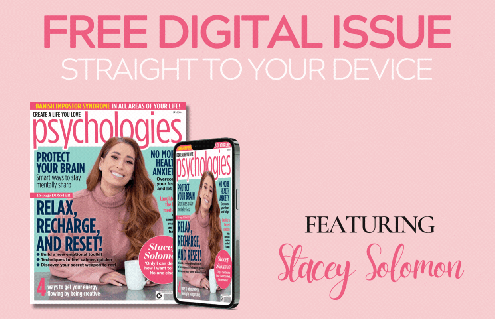Be less available to save your sanity
Do you want a better work-life balance? Stop pretending you’re a willing horse to be flogged – be less available for overload, and save your sanity, writes Harriet Minter

This was the first lesson my friend learned when she started working for a global law firm: the longer you’re in the office, the more you’ll be rewarded. Anyone seen to leave before the boss could expect to be marked down in their performance review. However, we were in our early 20s and, as much as we wanted to succeed in our careers, we also wanted to make the most of having a pay cheque in a big city.
For a few months, we didn’t see her; she had no life – until someone taught her the ‘coat and coffee’ trick. It’s simple: you take two jackets into the office with you in the morning. In the evening, leave one of them on the back of your chair, and a hot cup of coffee on the desk. Anyone walking past thinks you’re still in the office when, in fact, you’ve slipped out to meet friends.
I was telling this story to a group of twenty-somethings recently, and they nodded. It had been more than a decade since my friend was practising the trick, yet it remained relevant. We’re still too afraid to say, ‘I’m going home,’ to our boss. So, how do we get around it? Do we have to accept that, if we want to get ahead, we must ensure we’re accessible at all times? Well, we can do that, but the result won’t be promotion, it will be burnout.
Studies show that regularly working more than 40 hours a week negatively affects performance. We need to start thinking about how we can work smarter, rather than harder.
The temptation to check emails on our phones, respond instantly, and be available at the drop of a hat is piling on the pressure. The sad thing is: your boss won’t appreciate it, they’ll just come to expect it. We need to start looking for ways to carve out space for ourselves.
It’s illegal for employers not to consider flexible-working requests, so be honest with yourself. Are you better in the office or working from home? Can you slog for 12 hours straight on a Monday, but barely know your own name on a Friday? If you can show that your proposal will benefit the company, bosses might be more responsive than you’d expect. If they’re not, maybe it’s time to think about whether you’re in the right place.
Do you have a passion you’d like to pursue instead? Could you do your job on a project-by-project basis? The rise of the gig economy, that is, people hired for specific pieces of work, rather than on full-time contracts, means we’re creating a working culture in which you can go full-time for a few months, then take a break. You sacrifice security but gain freedom.
These trends rely on us being responsible for our own wellbeing; stating what we need to operate at our best. If I could give you just one tip for a more balanced life, it’s this: learn how to turn on your out-of-office, even if you’re in the office. Managing others’ expectations of you is the key to making work work for you. If someone needs you, they’ll let you know. You never have to ‘coat’ the truth again.
For weekly wisdom from Harriet, sign up for her newsletter at tinyletter.com/ harrietminter. Follow her on Twitter and Instagram @harrietminter
Photograph: Mark Harrison for Psychologies








